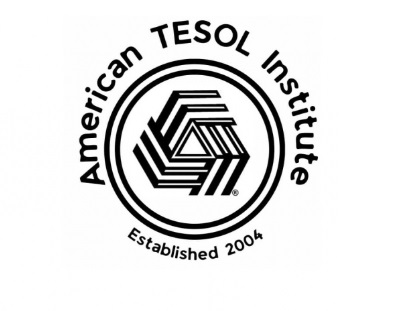Here’s a breakdown of key principles when teaching Business English to adult learners, followed by the argument for including ethical considerations:
Principles for Effective TESOL Business with Adults
- Relevance is King:
- Tailor Materials: Avoid generic texts. Use authentic business documents, news articles relevant to the learners’ industry, or even company-specific materials.
- Real-World Tasks: Design activities that mirror what they do in their jobs: analyzing data, writing proposals, participating in meetings, etc.
- Respect Their Expertise:
- Not Starting from Zero: Adult learners possess business knowledge, likely in their native language. Tap into this to make English feel less like a brand-new domain.
- Encourage Knowledge Sharing: Create opportunities for them to present aspects of their industry to the class, building vocabulary and confidence.
- Clear Goals & Efficiency:
- Set Objectives: Collaborate with learners to determine what success looks like. What skills are most urgent for their career progress?
- Time is Valuable: Adult learners, especially those sponsored by their companies, want a return on investment. Minimize fluffy activities, maximize practice that directly maps to their needs.
- Focus on Authentic Communication:
- Beyond Grammar Perfection: Fluency and clarity in real-world contexts matter more than flawless conjugation charts.
- Error Tolerance… to a Point: Early on, be forgiving to build confidence. But, some errors impede meaning in professional settings, so feedback must strike a balance.
- Learner Autonomy:
- Choice & Ownership: When possible, let them choose project topics, presentation formats, or articles to analyze. This increases motivation.
- Self-Assessment Tools: Guide learners to reflect on their progress, identifying strengths and weaknesses. This builds independence.
Why Teach Ethics in Business English?
- It’s Not Language in a Vacuum: Business communication is rife with ethical dilemmas: persuasive tactics, how data is presented, even what information is shared vs. concealed.
- Case Studies Build Awareness: Using real-world examples (company scandals, marketing controversies) sparks discussion in a safer way than directly analyzing their own company’s practices.
- Critical Thinking is Key: Analyzing ethical quandaries develops higher-order skills vital in business, alongside the core language proficiency.
- Global = More Complexity: When working with multinational teams, cultural norms of what’s acceptable in business vary. Raising awareness reduces potential clashes.
How to Include Ethics (Subtly)
- It Doesn’t Need Its Own Unit: Weave discussion into existing lessons. When analyzing a marketing campaign, ask – is this truthful, or manipulative?
- “Notice & Wonder” Approach: Present ethical dilemmas without easy answers. Learners grapple in English, deepening both their language and thought process.
Let’s be clear: An ESL class isn’t meant to turn them into philosophers. But making space for ethical considerations alongside language skills prepares them for the complex, often morally gray realities of the modern business world.


